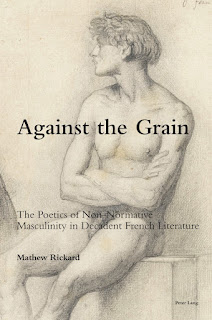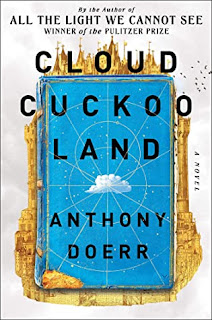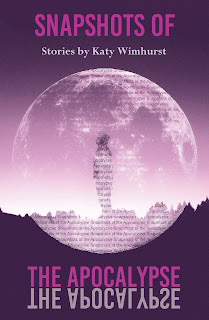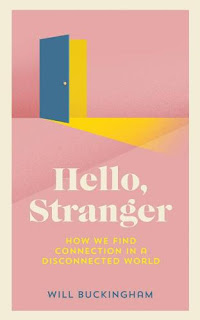This book opened my eyes further than before, to gender-based issues experienced during the French Decadent movement, in the late 1800s. This is not an area I will pretend to know a lot about from a critical perspective, but I found that it introduced the topic in an engaging way. It is an insightful and urgent exploration of queerness, best read accompanied by a glass of white wine on a rainy Sunday.
I came away from the book reflecting on how it addressed a gap in research I hadn’t known of. What could be an integral section of gender studies is posed as a new and daring answer to a question not often asked: is it really a man’s world? This is discussed using masculinity as a literary concept, as well as exploring how being literate has long raised important discussions regarding privilege.
Originally written as a doctoral research thesis by a then-emerging scholar in the field of French Studies, the finished book is a wonderful appraisal of masculinity, sexuality, and the specific challenges gender-based discrimination poses. Readers will enjoy being introduced to new knowledge on the concept of the ‘dandy,’ as well as analyses of French literature from the nineteenth century.
With a backdrop of advances in science, mass industrialisation and modernism, France at the turn of the century has always been a crucial site for understanding intersections of identity. This text is rich with these explorations, and it is an enjoyable read written by a pioneering scholar. It was the joint winner of a Peter Lang prize in 2019, and has been received well by many scholars in the field of Decadent Studies and beyond. It will certainly aid any scholar’s research in gender studies, and nineteenth century literature too.
Elle Morgan is primarily a writer but has held many jobs! Currently, Elle is studying a mix of practice-based Creative Writing and French Studies, and enjoys writing after lots of walking (but not in the current storms buffeting the UK). Elle’s website is here.









